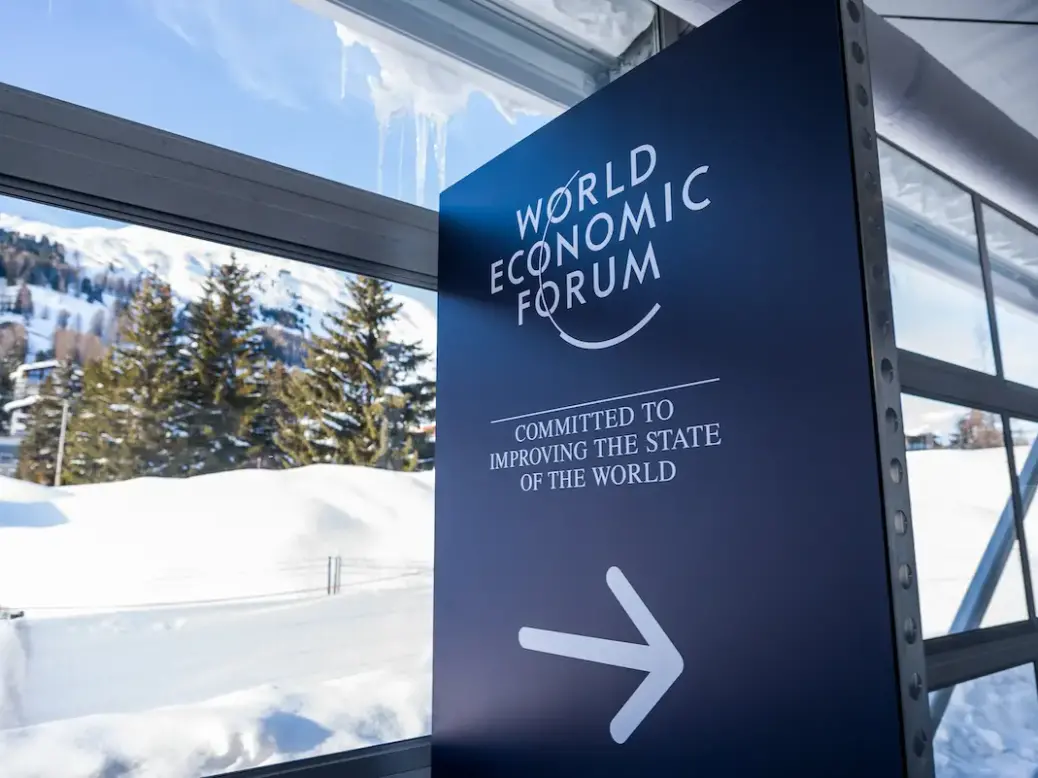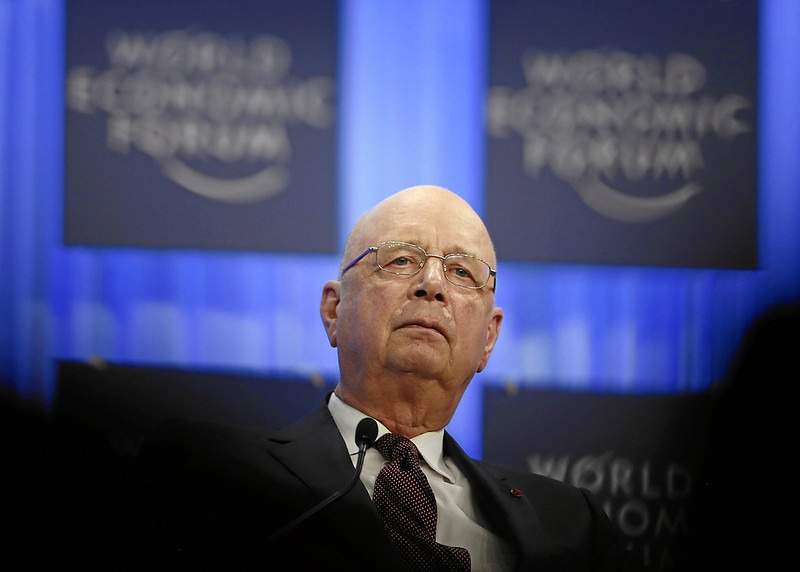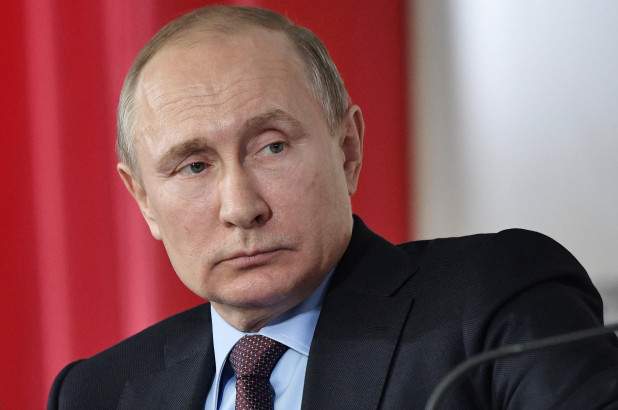
The World Economic Forum has always had its detractors, and its annual meeting at Davos has long been a target for those who think cliques of the rich and powerful are running the world. Klaus Schwab’s decision to base the event in the Swiss alpine town has certainly enhanced its mystique, and perhaps even lends an air of Blofeld’s mountain-top lair at the Piz Gloria in On Her Majesty’s Secret Service.
[See also: What to expect from Davos 2024]
For a while, though, it seemed like all publicity really was good publicity.
Davos’ declining influence
U2 once dubbed the WEF ‘fat cats in the snow’, but by 2006 Bono was at Davos himself, unveiling his ‘Red’ campaign against HIV/AIDS. In 2019, climate martyr Greta Thunberg took swipes at the ‘unthinkable price tag’ of financial success and claimed ‘our house is on fire’— but she did it at Davos. Schwab’s World Economic Forum had become a platform that even capitalism’s discontents could not resist. It was, if nothing else, a big – and influential – tent.
[See also: How should UHNWs protect against the risks of AI?]
But then the landscape changed. Covid-19 prompted the cancellation of the 2021 event and the 2022 plenary was delayed from its usual January slot until May. More importantly, the upheaval of the pandemic brought with it accusations that the global political and economic establishment had failed to deliver for the citizens it is supposed to serve.
The ‘Great Reset’ proposed by Schwab in June 2020 as a solution to the pandemic was viewed with the utmost suspicion by anti-vaccine activists, anti-lockdown campaigners and those on both the far left and far right. This antipathy also became a serious challenge for politicians, whose reputation continues to plumb new depths, but also for the business leaders, entrepreneurs and investors who have historically flocked to the WEF.

Is being seen at Davos a reputational risk?
Is Davos still a sensible place to be and be seen? How do you engage, talk openly, exchange experiences and ideas and hope to influence those in power without being dismissed as part of a cabal worthy of DC Comics’ Injustice League?
This is not just a reputational challenge. The fundamental tenets the WEF has taken as items of faith — globalisation, free trade, the power of private enterprise — are no longer universally accepted. To its credit, the WEF recognised this with the theme of the 2023 edition: ‘Co-operation in a fragmented world’. But the effects of these challenges have begun to weigh heavily upon it.
When the great and the good convened in Davos last year, the roll-call of absentees was hefty: Joe Biden, Xi Jinping, Rishi Sunak, Emmanuel Macron, Narendra Modi… Some of them will have grasped that being snapped over canapés with the global elite does not suit their presentational interests. But there is more to it than that. Insiders noted that ‘the real discussions’ were shifting away from public meetings and panels to the privacy of hotel suites and private rooms.
The expansion of other economic forums

One wonders for how much longer the word ‘Davos’ will resound with the significance it has historically held. Other economic forums are available, as they say.
The St Petersburg International Economic Forum (SPIEF), which began in 1997, is billed as a global economic platform, but it meets under the ‘auspices’ of the President of the Russian Federation. In June this year, Vladimir Putin addressed the SPIEF on the economy, ‘the special military operation, and aggressive actions by the West’. The big-name guests were Presidents Abdelmadjid Tebboune of Algeria and Vahagn Khachaturyan of Armenia. The forum’s publicists touted the signing of 900 agreements worth 3.8 billion rubles—but that is only £33.5 million. And, of course, to put one’s lot in with the crowd here is likely to have certain implications…
Some of the more climate-conscious business leaders and politicians have been drawn to the Monthly Barometer-sponsored Summit of Minds, which recently convened in Chamonix to muse on the environment, social innovation, ‘greenwashing’ and regenerative agriculture. A very different crowd – the traditional capital powerhouses of Wall Street – assembled at Anthony Scaramucci’s SALT iConnections in New York last spring. Horasis, a Zürich-based think tank, brought Indian business leaders to Adelaide in November, but was using the slipstream of the lairy, blue-collar Supercars motor-racing event.
Then there’s the Future Investment Initiative, more widely known as ‘Davos in the Desert’. Dedicated, so the literature says, to ‘one pressing agenda: positive impact on humanity’, it is the public face of Saudi Arabia’s Public Investment Fund, and its CEO, Moroccan-Jewish businessman Richard Attias, is a Davos alumnus. Jamal Khashoggi’s bloodstains are taking time to wash away. Nevertheless, October’s conference played host to Ajay Banga, president of the World Bank, Jamie Dimon, chairman and CEO of J.P. Morgan Chase, and Larry Fink of BlackRock. One day, could it surpass its namesake?
Choosing the right conference
So, in 2024 and beyond, where should entrepreneurs, investors and business leaders in search of influence and introductions go to get it?
The excited trauma of the early pandemic made us think the virtual world was the one and only future, but meeting face-to-face still matters: the immediacy, the flow, the intimacy, the laying of foundations for trust and future relationships.
Today, the conferences and summit circuit is best viewed not as an all-you-can-eat buffet, but the à la carte you’d expect in a decent restaurant. Carrying out research in advance (studying the menu, to stretch the metaphor) is essential to ensure you go into meetings knowing what you can reasonably expect from them; but also to know who your interlocutors are. You see politicians do it all the time, shake the wrong hand, sit at the wrong table, and suddenly they are in the same frame as someone ‘problematic’. Your own judgement and instinct here will be key; be prepared to take advice, too.
Getting the most from these events is about specialisation and selection. What do you want to achieve, who do you need to see to achieve it and where, crucially, are they going to be? Davos used to be the automatic answer to that last question. But it’s not anymore.






